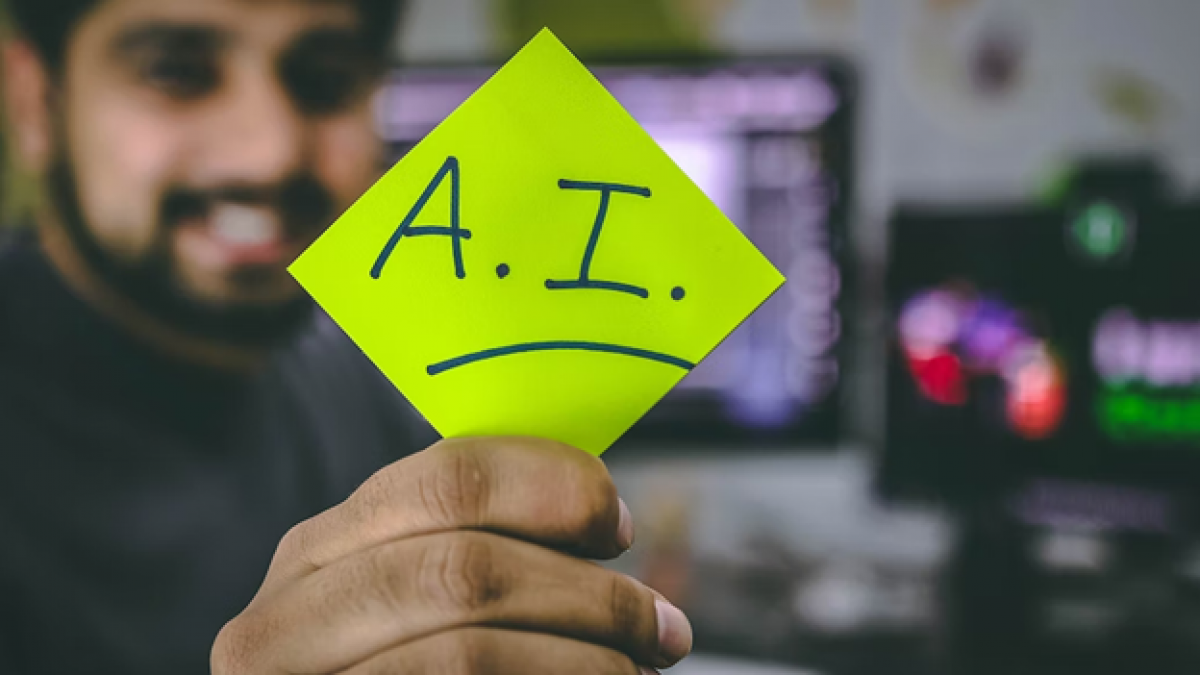Artificial intelligence (AI) is the capacity of devices and computer programs to carry out operations that ordinarily call for human intellect, such as speech recognition, decision-making, visual perception, and natural language comprehension.
AI systems frequently employ methods like machine learning and deep learning to learn from experience and modify their behavior to enhance performance over time. The ultimate aim of AI is to build intelligent robots that can learn, think, and reason like humans and, in some cases, outperform them.
Artificial Intelligence Facts (AI)
Recent developments in artificial intelligence (AI) have fundamentally changed how we live, work, and communicate with one another. It's critical to keep up with the most recent advancements in AI technology and comprehend the potential effects it may have on society.
Here are some astounding AI facts that will open your eyes to the interesting realm of this quickly developing science.
AI Has Been Around for Over 60 Years
In the 1950s, computer scientists started looking at ways to create robots that could carry out activities that generally require human intellect, such as problem-solving, judgment-making, and natural language processing. This is when the idea of artificial intelligence (AI) first emerged. Although advancement in AI was modest in the beginning, it has made significant strides since then and is now a prominent area of study and development.
Recognizing Human Emotions
Machine learning innovations have made it possible for AI systems to identify and react to human emotions. For instance, face recognition software may examine facial expressions to identify happiness, sadness, or anger in a person. This has uses in the marketing industry, where businesses may utilize emotion recognition technology to customize their goods and services for certain target markets.
Modernizing Healthcare
Artificial intelligence (AI) is already having a significant influence on the healthcare sector, from detecting ailments to creating treatment regimens. AI-powered technologies can monitor patient data, evaluate medical imaging, and even foretell which people are most likely to develop specific ailments. This enhances patient outcomes while also making healthcare professionals' jobs easier and more productive.
Outperform Humans in Certain Tasks
In some jobs, such as playing challenging games like Go, Chess, and Poker, artificial intelligence is capable of outperforming human intelligence. The top Go player in the world, Lee Sedol, was defeated by AlphaGo, created by Google's DeepMind, in 2016, demonstrating that AI is capable of defeating humans in difficult strategic games. Similar to this, in a 2018 tournament, OpenAI's Dota 2 AI system, known as OpenAI Five, defeated some of the best Dota 2 players in the world.
Create New Music
AI algorithms may be used to produce new music that sounds identical to music made by humans. For instance, the AI system known as AIVA (Artificial Intelligence Virtual Artist) is capable of creating creative music in a range of genres and styles.
Recognizing Emotions
Using clues like speech tonality, facial expressions, and other characteristics, AI computers may be trained to identify human emotions. Applications for this technology range from recognizing possible security risks at airports to enhancing consumer relations.
Drive Cars
AI has made it possible for self-driving automobiles to become a reality. Autonomous driving technology is being developed by businesses like Tesla, Google, and Uber that can safely navigate highways and make judgments based on real-time data.
Detect Fraud
The use of artificial intelligence (AI) algorithms to spot fraud in financial transactions is possible. With the use of this technology, banks and other financial organizations can spot and stop fraud, saving millions of dollars annually.
Predict Natural Disasters
It is possible to anticipate natural disasters like earthquakes, hurricanes, and tsunamis using AI systems. AI systems can warn people of imminent calamities and assist in their preparation by evaluating real-time data from sensors and other sources.
Translate Languages
Language translation may be done rapidly and correctly using AI algorithms. AI is used by Google Translate and other language translation services to increase their precision and efficiency.
Assist in Scientific Research
Large-scale data analysis and research support from AI algorithms are also possible. AI may be used, for instance, to find patterns in DNA sequencing data or to assist researchers in creating novel medications and therapies.
Object Recognition in Pictures
AI systems are capable of being trained to accurately detect objects in photos. Applications of this technology include self-driving automobiles, where the AI has to be able to identify pedestrians, traffic signs, and other things in its environment.
Customize Your Marketing
Based on their surfing history, social media activity, and other information, AI algorithms may be used to tailor marketing messages to specific customers. With the use of this technology, businesses may boost marketing efficiency and ROI.
Boost Online Security
By examining network data and spotting unusual activity, AI systems may be used to identify and stop cyberattacks. This technology is essential for defending persons and businesses against online attacks.
Create Believable Images
The application of AI algorithms may produce pictures of people, locations, and objects that are lifelike. Video games, virtual reality, and computer-generated imagery (CGI) in motion pictures all make use of this technology.
Conclusion
Finally, artificial intelligence (AI) is transforming the world in ways that were previously unthinkable. AI is revolutionizing businesses and our daily lives through self-driving vehicles and virtual assistants.
The capacity of AI to learn and advance without human involvement, the potential for the creation of new employment, and the speed at which it can handle enormous volumes of data are just a few of the mind-blowing facts about it. In the years to come, when AI develops even more, it will undoubtedly lead to even more astounding advancements.

